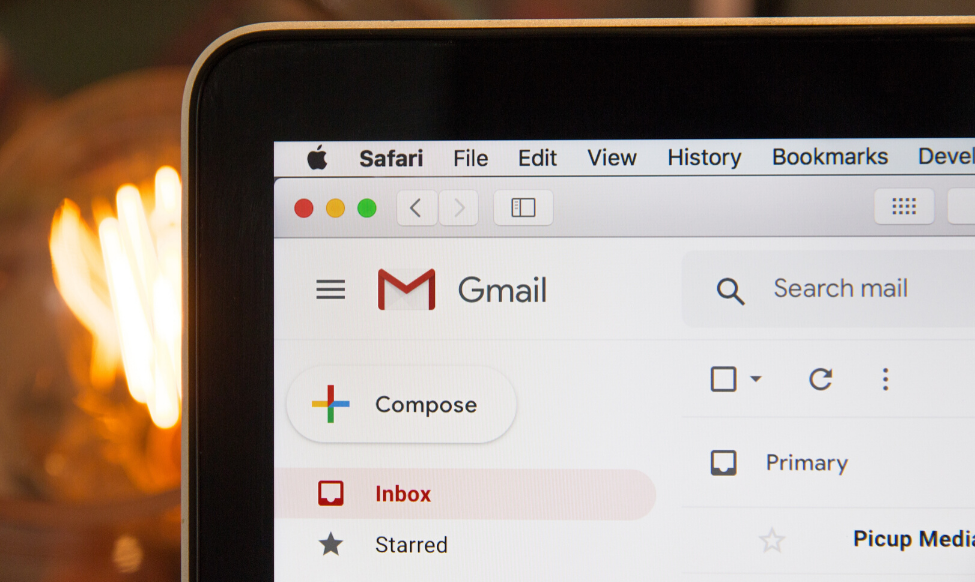By Patrick McCormick
Can an email exchange create a binding contract? In short, yes.
With more people working from home and transacting virtually than ever before due to the coronavirus pandemic, it’s imperative for business owners to understand how email communications can rise to the level of binding agreements. (There will be enough to clean up as things get back to normal, and the last thing you want to worry about is whether your business unwittingly became party to a contract while your conference room sat empty.)
Even before the current health crisis, courts have been called on with increasing frequency to address claims alleging the creation of a binding contract based upon an email exchange. As a preliminary matter, emails alone are indeed sufficient to create a binding contract. Consider Law Offs. of Ira H. Leibowitz v. Landmark Ventures, Inc., 131 A.D.3d 583, 15 N.Y.S.3d 814 (2d Dep’t 2015), which involved breach of contract claims related to services provided by the plaintiff. In examining emails exchanged by the parties, the Court found “[b]y the plain language employed” in the emails, it was clear that the plaintiff made an offer to provide services for a certain fee and that the defendant accepted the offer, creating a binding contract.
Bolstering the premise that a court won’t find the absence of the contract simply because all communications are in email form is In re Estate of Wyman, 128 A.D.3d 1157, 8 N.Y.S.3d 493 (3d Dep’t 2015). In that case, the decedent and the respondent purchased a parcel of real property. After the decedent’s death, her executor commenced a proceeding against the respondent to turn over ownership of the parcel to the estate, claiming that a series of emails between the decedent and respondent had created an enforceable contract to transfer ownership. The Appellate Division found that there was no contract, but not because the evidence was comprised solely of emails; rather, the emails did not include a price to be paid for the transfer of the property, a necessary term. The decision suggests that if the emails had included a price, the Court would have found a binding and enforceable contract in the exchange.
More recent cases echo the notion that so long as all the elements of an otherwise valid contract are met, the fact that the communications are emails won’t render the agreement unenforceable. Consider Schaffer v. View at Dobbs, LLC, 65 Misc.3d 133(A) (2019), in which the Court held that the parties created a binding contract through emails where the plaintiff wrote that upon the defendant’s approval of design drawings, the defendant was to pay him $10,000.00. The defendant responded via email, “Ok you have a deal.”
Similarly, in Kataldo v. Atlantic Chevrolet Cadillac, 161 A.D.3d 1059 (2d Dep’t 2018), the Court held that “an email message may be considered ‘subscribed’ as required by CPLR 2104, and, therefore, capable of enforcement, where it ‘contains all material terms of a settlement and a manifestation of mutual accord, and the party to be charged, or his or her agent, types his or her name under circumstances manifesting an intent that the name be treated as a signature’” (citing Forcelli v. Gelco Corp., 109 A.D.3d at 251 (2d Dep’t 2013)).
By contrast, the Second Department declined to hold an email exchange in which the plaintiff’s counsel had written “consider it settled” but then continued a discussion of further occurrences necessary to finalize the agreement. Teixeira v. Woodhaven Ctr. of Care, 173 A.D.3d 1108 (2d Dep’t 2019). This outcome echoes that of Weg v. Kaufman, 159 A.D.3d 774, 72 N.Y.S.3d 135 (2d Dep’t 2018), in which anesthesiologists disputed whether they were business partners or had an independent contractor relationship. Despite the existence of an independent contractor agreement stating that it comprised the entire agreement between the parties, the would-be business partner introduced an email that referenced splitting income as evidence that he was a 50-50 partner in the practice. But the Second Department found that “The parties’ relationship was governed by written agreements. The 2005 email… is not sufficient to draw” an inference of partnership because “it fails to set forth the material terms of a partnership agreement.” Id. at 777. (1)
While communicating by email may seem informal compared to the time-honored images of mahogany tables covered with legal treatises and lengthy documents, these cases make clear that parties to an email exchange must exercise care to avoid unintentionally creating a binding contract. An otherwise valid contract cannot be undone simply by concluding with “Sent from my iPhone.”
Please contact us with any questions about how to protect your business during this unprecedented time.
Footnotes
(1) See also Kolchins v. Evolution Mkts., 31 N.Y.3d 100, 73 N.Y.S.3d 519 (2018) (holding that a reasonable factfinder could determine that a binding contract was formed by the exchange of emails stating that “[t]he terms of our offer are the same [as the] terms of your existing contract” and outlined the core terms that were included in the prior written agreement. The plaintiff replied “I accept. pls [sic] send contract,” to which the defendant replied, “Mazel. Looking forward to another great run.” The Court found that the offer and acceptance language, “coupled with a forward-looking statement about the next stage of the parties’ continuing relationship,” evidenced the intent to be bound for purposes of surviving a motion to dismiss. Id. at 107).

